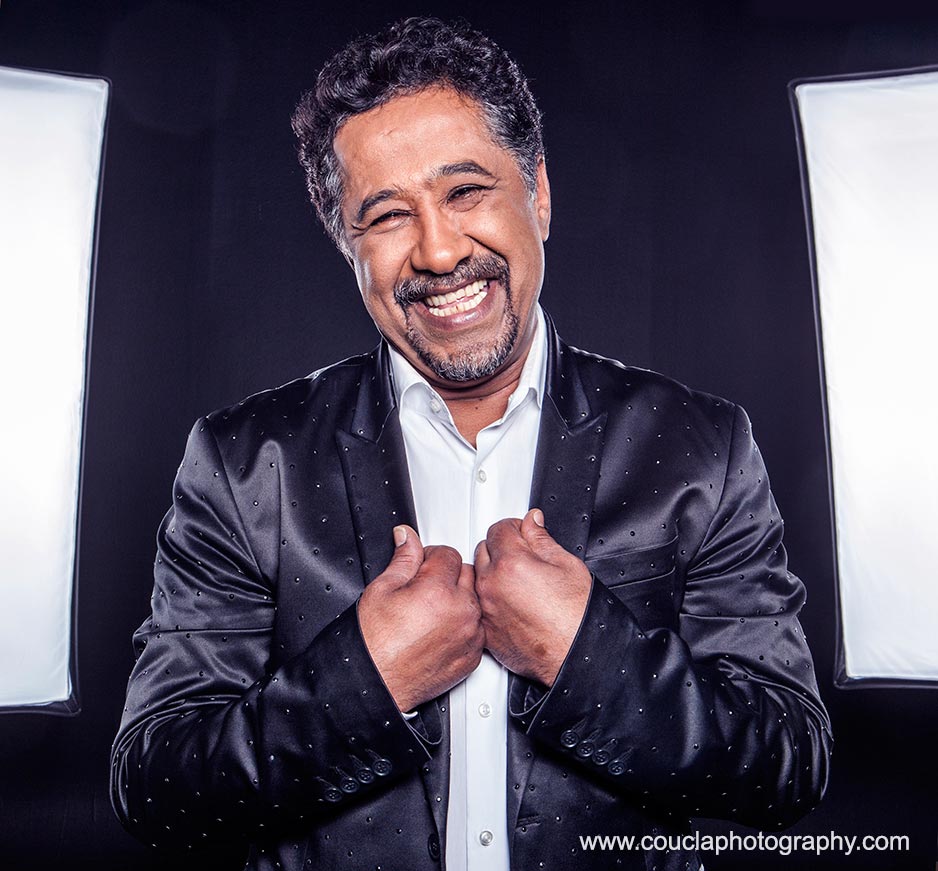
What’s at stake when people make music? Well…a lot of things. We opened up with this question on the first day of a class on “world-music”. The underlying field: Ethnomusicology, the study of people making music. Other questions that were brought up:
- How is sound meaningful? Why?
- What is music? (“Humanly organized sound” according to ethnomusicologist John Blacking) What is world music?
- How does music express who we are as individuals? (Someone mentioned Kanye West)
- How do musicians talk about sound?
To begin answering these questions we started with a folk music called Rai, emanating from the working classes in the port city of Oran, Algeria around the 1920s. French colonization of Algeria had produced a poor and uneducated class of men and women, thus Rai developed at the margins of the unrepresented, from an impoverished population that sought to express freedom of thought through music, to articulate Diaspora, and detail the encounter of difference. Rai translated from Arabic means “my opinion” and the content of the genre ran counter to the more readily accepted classical and refined poetry of traditional Algerian music. As a result, Rai was ostracized until the 1980s, where it re-emerged with the usage of electronic synthesizers, drum machines and other recording technologies. In the 1980’s Rai became Chab rai or “rai of the young” as it was pushed through mass media within the age of new cassette technology, bypassing the parents and reaching the youth.
Rachid Taha, Faudel, and Cheb Khaled: “1 2 3 soleils” (https://www.youtube.com/watch?v=vhPz7h3UOHo)
Cheb Khaled with Jean-Jacques Goldman: “Aicha” (https://www.youtube.com/watch?v=8be8zBJWDJw)